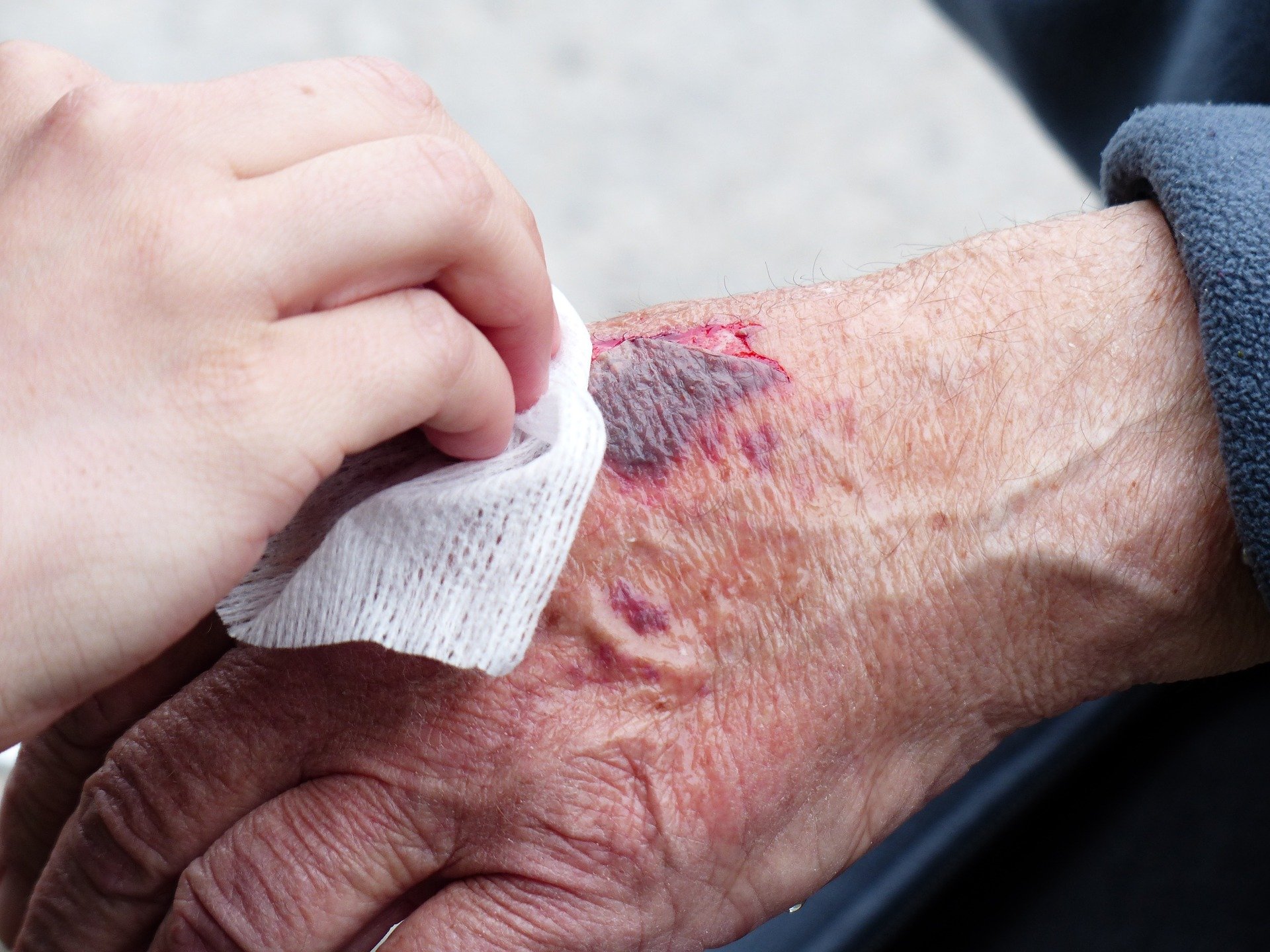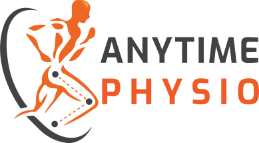
The skin is the largest organ of the human body, acting as the main form of protection against the outer environment. It shields the muscles and bones from all potentially harmful elements, and although highly elastic, specific objects or circumstances can end up breaking the skin layers.
Once a break happens, a blow or cut leads to a blood flow, officially known as a wound. These superficial wounds are essentially injuries that affect the epidermis, but some wounds end up cutting deep into the dermis, resulting in damaged tissue fibres and skin cells. As a result, a painful gap happens in the skin, with blood leaking uncontrollably.
To learn more about the nature of wounds, how it heals, and how certain medical procedures can help facilitate treatment, here’s a quick and easy guide to follow:
On Healing
The human body has the ability to repair itself after an injury, and it can mend damaged skin through wound healing. The process involves a series of phases, the first of which is hemostasis. This phase involves the body stopping itself from bleeding out through forming a blood clot. During this phase, blood vessels constrict to limit blood flow and platelets form a sort of plug around the wound, which halts the outflow of blood.
After the hemostasis phase, the wound swells as the immune system helps fend off infections. Then, new tissues are built to begin repairing the skin. Finally, the new tissues mature and replace the old and damaged tissue with scar tissue. The whole process can take a few weeks to complete, but some wounds fail to follow the process and take even longer to heal. Some may not even show signs of healing due to various factors such as necrosis, diabetes, or infections, among others.
On Infections
Although wounds can heal on their own, other types fail to do so due to the presence of microbes. These are essentially microorganisms such as bacteria, fungi, and even viruses, which lead to infections. Once they enter and fester on a wound, the damage can quickly spread throughout the body, leading an individual to seek further treatment. In some unfortunate cases, some wounds end up never healing.
Fortunately, the skin also has defense strategies specifically designed to remove microbes on the wound. Although these protective strategies can indeed work, factors such as improper cleaning, poor hygiene, old age, and other conditions can weaken the skin’s system.
How Physiotherapy Helps
Although unknown to many, physiotherapy can actually facilitate proper wound care. Therapists can treat necrotic wounds, diabetic wounds, and even pressure ulcers. Chronic and extreme wounds with edema treatments are also common, as well as venous and non-healing surgical wounds.
Physical therapy wound care begins with an evaluation, thoroughly assessing the patient’s current health status. Once a comprehensive analysis has been completed, the physical therapist will then begin to develop a care plan, which caters specifically to the patient’s condition, needs, and even lifestyle. Here are some of the most common treatment methods:
- Debridement or removal of dead tissues
- Application of compression
- Cleaning of the wound
- Selection of wound dressing
- Application of wound dressing
- Education on wound care
Should be deemed necessary, a physical therapist can also perform treatment modalities such as electrical stimulation, negative pressure vacuum therapy, and even an ultrasound mist.
Facilitating Proper Wound Healing
Dealing with wounds can be rather tricky to deal with, especially since one wrong move can lead to an infection. Unfortunately, infections can lead to serious consequences, so a little knowledge goes a long way. Remember to keep this handy guide in mind, but never hesitate to call on the help of experts.
For wound recovery in Brisbane and other pain relief services, Anytime Physio is the place to go. We are a family-owned physiotherapy practice, ensuring that you have access to cost-effective massage, pilates, and other treatment options, all tailored to your specific needs. Book an appointment with us today.

